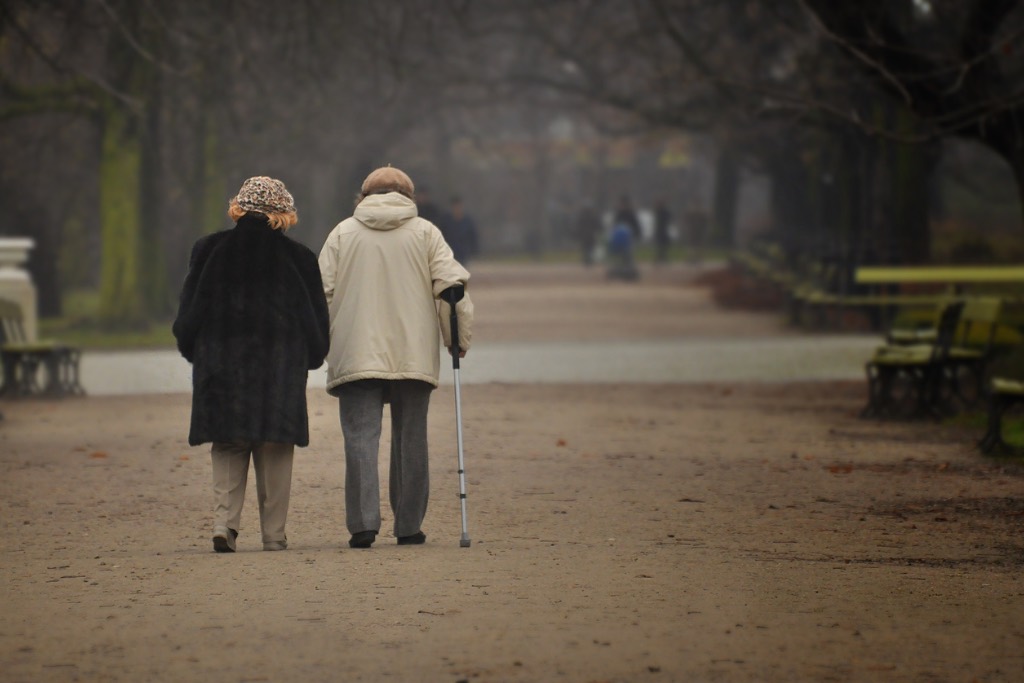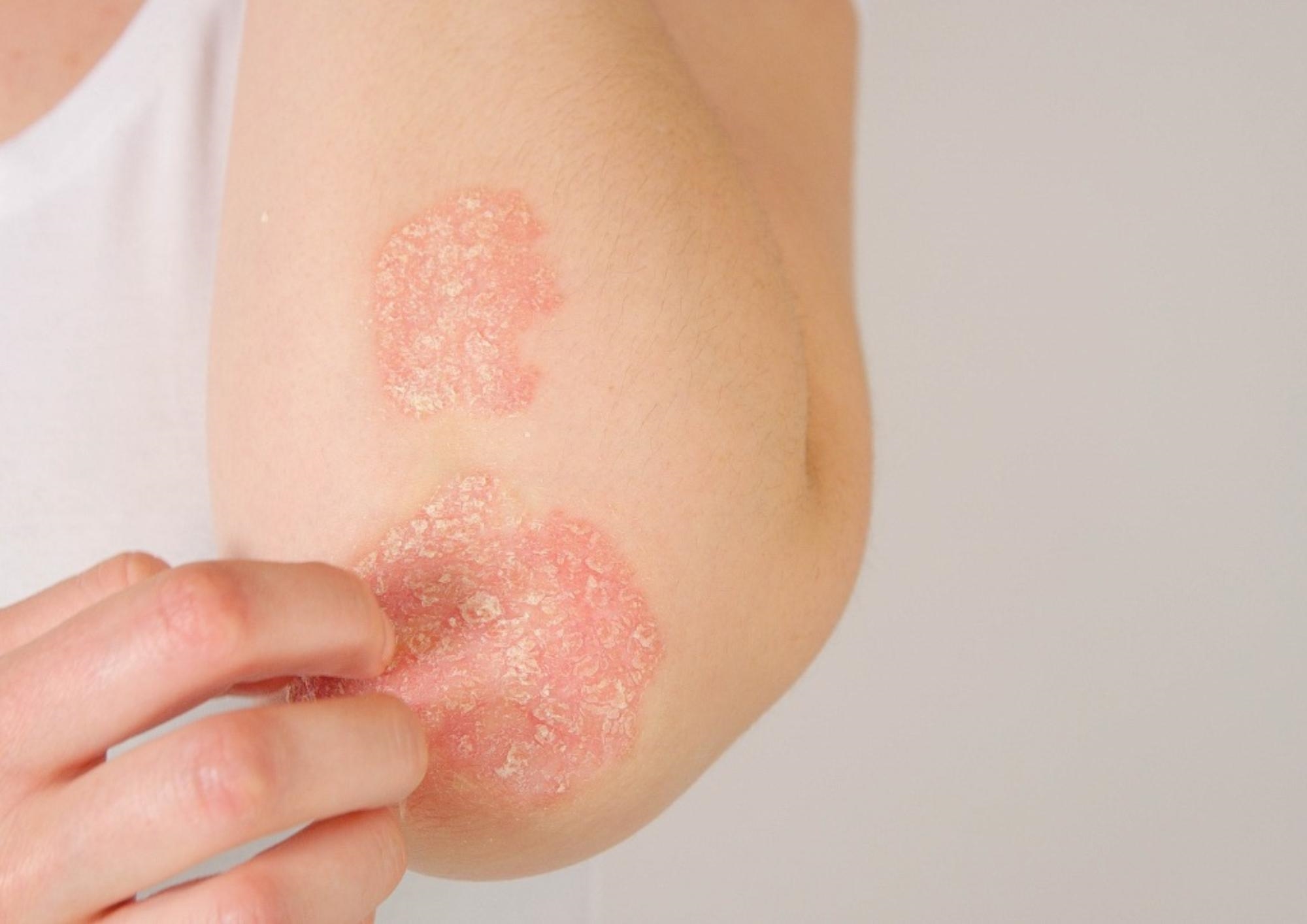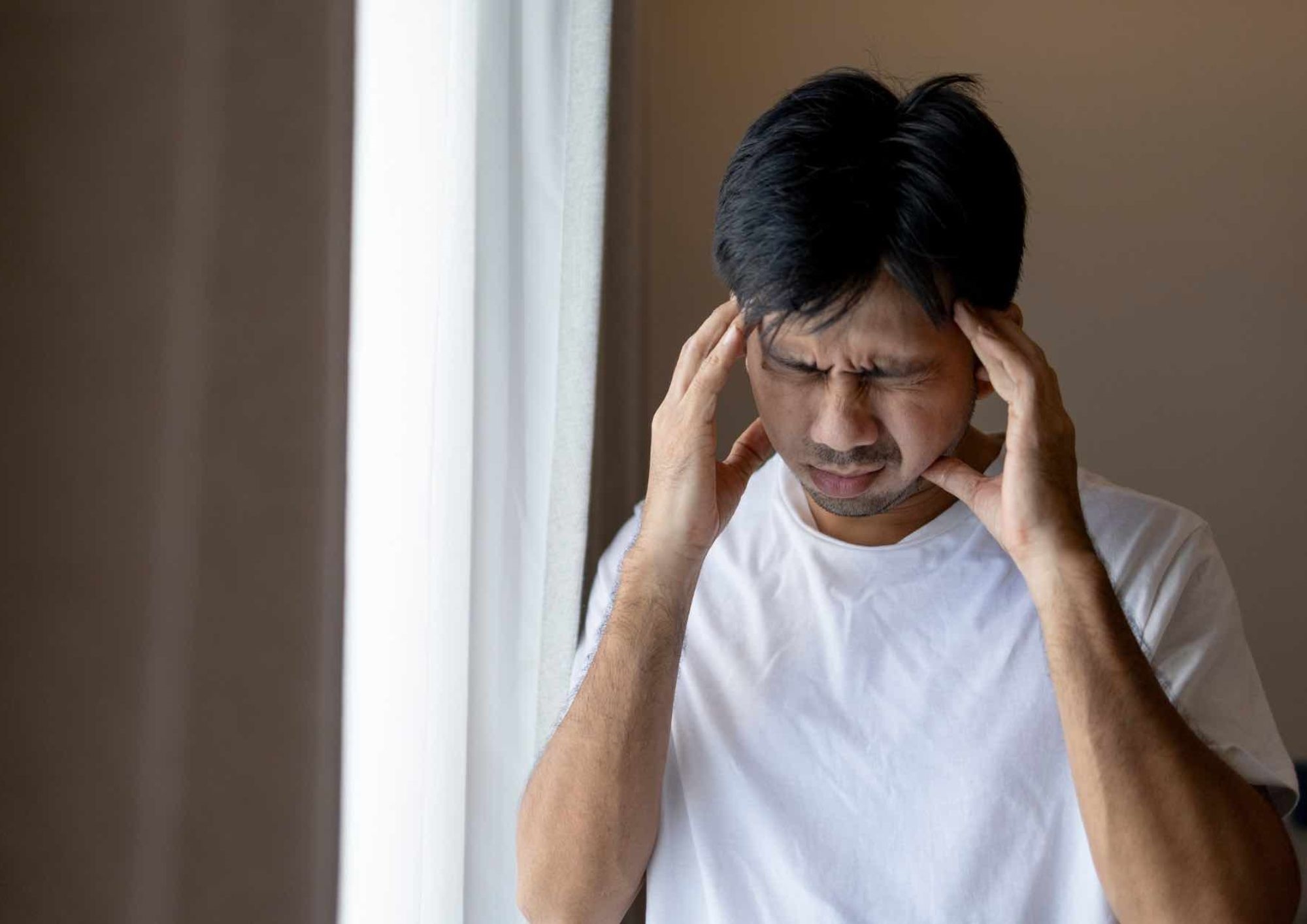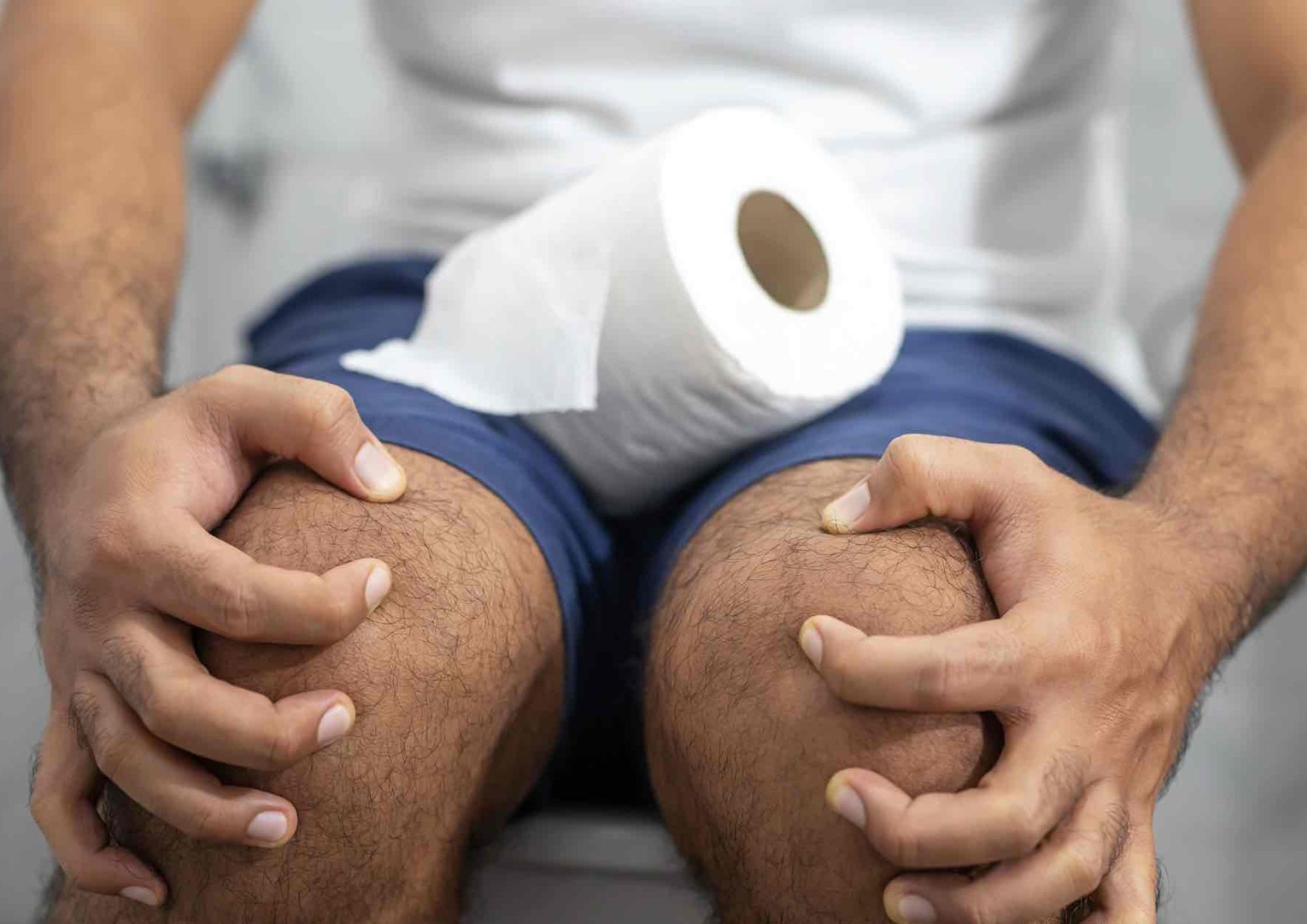Hypothermia warning in elderly population as cost-of-living crisis continues

A leading doctor is warning of an increased risk of hypothermia and frostbite in the elderly population this winter as the cost-of-living crisis potentially wards the population off putting their heating on.
With temperatures already dropping to single digits this week, Dr Chun Tang, Medical Director and GP at leading private healthcare clinic Pall Mall Medical, is asking people to check in on their loved ones this winter and to be aware of the telltale signs of potentially life-threatening conditions like hypothermia and frostbite.
“Elderly individuals are more susceptible to various health dangers during the winter months due to age-related factors, said Dr Tang.
“Elements include weakened immune systems and decreased ability to regulate body temperature.
“Therefore, it’s important to raise awareness of some of the health risks they may face in the bleaker months ahead.”
Dr Tang says hypothermia is one of the main threats especially as the cost-of-living crisis has resulted in people being too frightened to put their heating on.
“Older adults may struggle to maintain core body temperature in cold weather, increasing the risk of hypothermia, a potentially life-threatening condition,” warned Dr Tang.
“This could also cause frostbite as reduced circulation and thinning skin make elderly individuals more susceptible in extremely cold conditions.”
Cold air and indoor heating systems can exacerbate respiratory issues, added the medic, saying it makes seniors more prone to infections like COVID, the flu, pneumonia, and bronchitis.
Heart problems can also increase during the colder months.
“Cold weather can strain the cardiovascular system, increasing the risk of heart attacks, angina, and other heart-related issues, particularly for those with preexisting heart conditions,” said Dr Tang.
Slippery paths and pavements during frosty temperatures present serious health consequences for OAPs also.
“Ice and frost on the ground can be treacherous and result in fractures, head injuries, and other serious health issues,” added Dr Tang.
Reduced social interaction due to the winter weather and darkness may contribute to loneliness and seasonal affective disorder (SAD) in older adults and could accelerate conditions such as dementia.
“Winter weather may discourage seniors from leaving their homes, leading to social isolation and loneliness, which can have adverse effects on mental and physical health,” said Dr Tang.
“It also means reduced access to fresh produce and decreased appetite due to cold weather can contribute to malnutrition among older adults,” he added,
Dr Tang warns muscle loss is another factor as harsh weather can discourage outdoor activities, leading to reduced physical activity and potential muscle weakness.
“Limited sun exposure can lead to vitamin D deficiency, which is important for bone health and overall well-being too,” he added.
“The elderly population are more susceptible to flu outbreaks, which can lead to complications, hospitalisation, or even death,” added Dr Tang, stressing the importance of flu and covid jabs.
Here are Dr Tang’s 11 health advice tips to help the elderly stay well and comfortable this winter:
Stay Warm:
Dress in layers, wear warm clothing, and use blankets to maintain a comfortable body temperature indoors and outdoors.
Keep Active:
Engage in regular physical activity to improve circulation and stay active. Consider indoor exercises like yoga or tai chi.
Stay Hydrated:
Drink plenty of fluids, including water, herbal teas, and warm soups, to prevent dehydration, which can be a concern in dry indoor environments.
Eat Nutrient-Rich Foods:
Consume a balanced diet rich in fruits, vegetables, whole grains, and lean proteins to support overall health and boost the immune system.
Vitamin D:
Consider a vitamin D supplement, as sun exposure may be limited during the winter months. Consult a healthcare provider for personalised recommendations.
Flu Vaccination:
Get a flu shot to reduce the risk of influenza, which can be more severe for older adults.
Hand Hygiene:
Practice good hand hygiene by washing hands frequently with soap and water to prevent the spread of germs.
Stay Connected:
Maintain social connections to combat feelings of isolation and loneliness, which can be more pronounced during winter.
Manage Chronic Conditions:
Ensure medications for chronic conditions are taken as prescribed and consult healthcare providers for any adjustments needed during winter.
Safety at Home:
Prevent falls by keeping walkways clear of ice and snow, using handrails, and ensuring proper lighting indoors.
Mental Health:
Pay attention to mental well-being by engaging in hobbies, seeking emotional support, and talking to a mental health professional if needed.
“Additionally, consider having a winter wellness checkup with a healthcare provider to address any specific concerns related to aging and winter health,” added Dr Tang.
“Staying proactive about health and safety measures can help elderly individuals enjoy a healthy and comfortable winter season.”
If you are worried about any symptoms, it’s best to book an appointment with your GP or healthcare provider.















